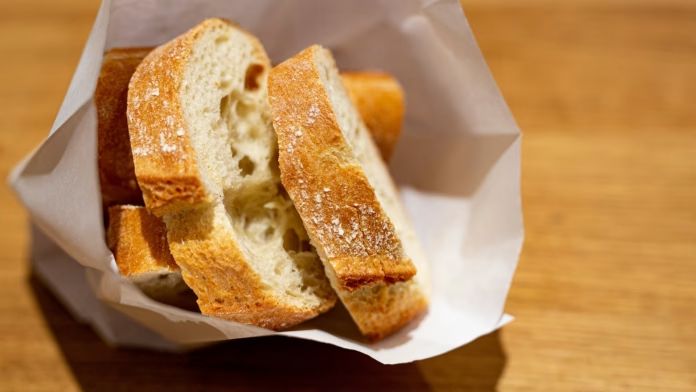Food is an essential part of our lives, providing us with the necessary nutrients to fuel our bodies and keep us healthy. However, not all food is created equal, and the quality of our food can have a significant impact on our health. One of the biggest culprits of poor-quality food is stale food.
Stale food is food that has lost its freshness and flavor due to exposure to air, moisture, and temperature changes. When it comes to food, freshness is key. Eating stale food can lead to various health issues and can be harmful to the human body. In this article, we will discuss what stale food is, how it can be harmful to our health, and what steps we can take to avoid consuming stale food.
What is Stale Food?
Stale food is food that has lost its freshness and flavor. It can be caused by various factors, such as exposure to air, moisture, and temperature changes. Stale food can be dry, hard, or even moldy, and it may have an unpleasant taste and odor.
How Stale Food Can Be Harmful to Our Health?
Consuming stale food can lead to various health issues, including food poisoning, bacterial infections, and foodborne illnesses. Stale food can also cause digestive problems, such as constipation, diarrhea, and nausea.
Stale food can be particularly dangerous for people with weakened immune systems, such as young children, pregnant women, and elderly individuals. These groups are more susceptible to infections and illnesses, and consuming stale food can further compromise their health.
Some of the most common health risks associated with consuming stale food include:
- Food Poisoning: Stale food is a breeding ground for bacteria, and eating it can lead to food poisoning. Symptoms of food poisoning include vomiting, diarrhea, abdominal pain, and fever.
- Bacterial Infections: Stale food can also be contaminated with harmful bacteria, such as E. coli, salmonella, and listeria, which can cause severe illnesses.
- Foodborne Illnesses: Stale food can also be contaminated with viruses and parasites, which can lead to foodborne illnesses.
- Allergic Reactions: Some people may have allergic reactions to certain types of stale food, such as moldy bread or nuts.
How to Avoid Consuming Stale Food?
The best way to avoid consuming stale food is to practice proper food storage and handling techniques. Here are some tips to keep your food fresh and safe:
- Store Food Properly: Store perishable foods, such as meats, dairy products, and fruits and vegetables, in the refrigerator or freezer. Use airtight containers to keep food fresh.
- Check Expiration Dates: Check the expiration dates of packaged foods and discard any that are past their expiration date.
- Use Your Senses: Use your senses of sight, smell, and taste to determine if food is stale. If it looks or smells off, or if it has a strange taste, it’s probably stale.
- Don’t Leave Food Out: Don’t leave food out at room temperature for more than two hours. This includes cooked food, as well as raw meat, poultry, and seafood.
- Cook Food Thoroughly: Cook food thoroughly to kill any harmful bacteria that may be present.
Eating stale food can be harmful to our health and can lead to various health issues, including food poisoning, bacterial infections, and foodborne illnesses. To avoid consuming stale food, it’s essential to practice proper food storage and handling techniques, check expiration dates, and use your senses to determine if food is stale. By taking these steps, we can keep our food fresh, safe, and delicious.





